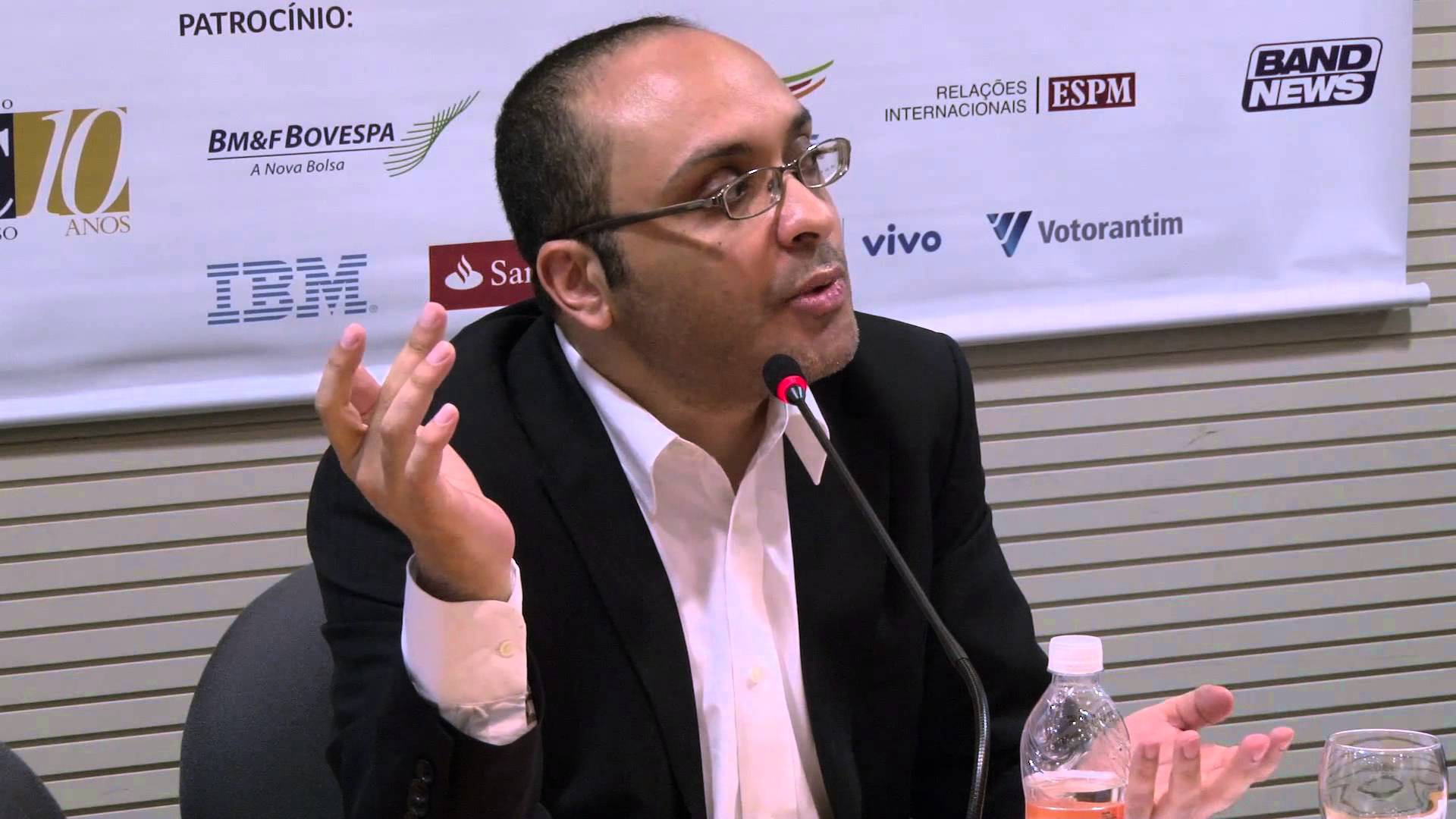Asset management firms are disappointed about their need to rely on private insurance funds and portfolios for generating revenues to help them transition through the difficulties of the current period.

A number of investment managers have confirmed that the owners of private insurance portfolios and funds preferred hiring full-time investment managers or contracting with asset management companies in exchange for a commission that is worth a small percentage of the portfolio or the fund’s values. Contracting is only to comply with the Egyptian Financial Supervisory Authority’s (EFSA) terms and conditions, not to benefit from asset management firms’ expertise.
The EFSA issued amendments at the end of 2015 on the executive regulations for insurance private funds, and stipulated that portfolio and fund owners should contract with asset management firms or hire full-time investment managers if the size of the fund or portfolio reaches EGP 100m.
Essam Khalifa, the managing director at the National Fund Management Company (Al-Ahly), said that assets companies are disappointed about generating revenues through private funds’ management and insurance portfolios to cope with the noticeable decline in assets managements’ revenue.
He explained that his company entered in several rounds of negotiations with parties that possessed large private insurance funds and portfolios, but they came up with no results because these companies wished to hire investment managers with roughly EGP 10,000 instead of assigning asset management firms that receive management fees that exceed this figure.
Khalifa pointed out that private insurance funds and portfolio owners preferred to hire an investment manager because they see that funds will be invested in fixed income tools, such as bonds, treasury bills, and deposits—which are tools that don’t require asset management firms’ expertise.

Low commissions do not cover expenses
Managing director of the asset management sector at HC Securities & Investment Company (HC-SI) Omar Radwan said that the owners of private insurance funds and portfolios insist on paying the lowest commission possible for asset management firms, a ratio of .001of the value of the fund or portfolio; while the average commission in the asset management sector is roughly .003.
Radwan provided an example of that: if the value of the fund or portfolio is EGP 100m, the value of the commission would be EGP 10,000— that equals to an average salary of an experienced investment manager and does not cover any of the firm’s expenses.
He emphasised that owners of insurance private funds and portfolios are conservative in diversifying investment vehicles such as rejecting to inject a small percentage of the portfolio in shares because they are funds that belong to pensions and retirement benefits.
Radwan noted that these portfolios and funds are investing in fixed income tools and prefer hiring managers with a medium investment expertise, although fixed income tools require skills and very professional experiences to deal with fluctuations.
He explained that considering the continuing fluctuations of interest rates due to the increase of inflation and US dollar exchange price fluctuations, highlights the importance of the timing of choosing fixed income tools. Investing in short-term income tools such treasury bills or deposits can be the best sometimes.
“Sometimes it may be better to invest in long-term fixed income tools such as bonds or deposits valid for three or five years to benefit from interest prices of the highest level,” Radwan said.
He emphasised that timing accuracy in choosing fixed income tools will be reflected by the high yield. Owners of insurance private funds and portfolios prefer to impose their vision on the full-time investment manager or asset management firm most of the time.
Contracting only for matching the terms and conditions of EFSA
Adel Kamel, former managing director of sector asset management at Pharos Company, said that insurance private funds and portfolios stipulates repaying commission that does not exceed .001 of the portfolio or the fund’s value.
Contracting with an asset management company is only to comply with the EFSA terms and conditions. The portfolio or fund managers are the real managers, and there is no real role for the asset management company.

Going against the stream
Ehab Rashad, member of the board of directors at Mubasher Portfolio Formation & Management, said that private insurance funds and portfolios pay a reasonable commission comparable to the average commission to the asset management in general, but he refused to mention the commission rate.
He noted that the asset management company is obligated to follow the portfolios and fund’s owners’ stream of investment. The manager’s role is to choose the right container targeted by the owner.
Rashad pointed out that the insurance funds and portfolios are old systems, such as a paper system and not an electronic system, in calculating the value of assets and profits.
HC-SI begins collecting initial public offering (IPO) pledges for fund
Radwan said that on Monday the company opened the IPO door in the new capital protection fund issued by the National Bank of Abu Dhabi (NBAD)’s target of EGP 100m.
He explained that HC-SI, which manages the fund, began collecting commitment pledges from the investors to deposit funds agreed upon in the IPO a few weeks after the beginning of the fund. He pointed out that these pledges have not yet covered the entire targeted value.
The Capital Protection Fund guarantees to maintain the investment asset value that allows the investment certificate holder to recover the certificate’s value each month, according to Radwan.
The fund invests a maximum of a 25% ratio of its funds in equities/shares, and the remaining ratio in fixed income tools, such as deposits and treasury bonds and bills.
Radwan emphasised that the fund covers the needs of investors in light of the significant fluctuations that affect investment tools and the risk ratio increase considering economic and interest rate fluctuations.



